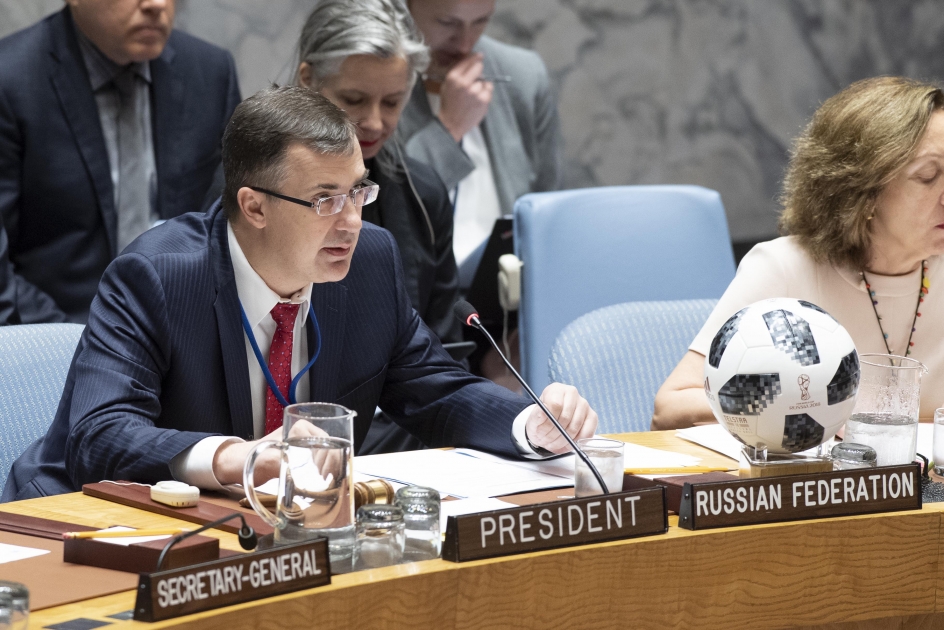Statement by Mr.Gennady Kuzmin, Deputy Permanent Representative of the Russian Federation to the United Nations, at the Security Council on on the Sudan and South Sudan
I wanted to comment on the Prosecutor’s report, but there is basically nothing to comment on.
There has been zero progress in the investigations. The report, a document that in theory should deal with the Court’s activity, is largely devoted to listing the international travels of the President of the Sudan, while the rest of it is stuffed with quotations from the Secretary-General’s reports and verbatim transcripts of Security Council expert briefings.
One topic, however, is worthy of attention and I will consider it in more detail. The International Criminal Court (ICC) continues to call on States Members of the United Nations, including those that are not party to the Rome Statute, to arrest and turn over to the Court various subjects of its investigative activities. I am referring in particular to the arrest of the President of the Sudan based on resolution 1593 (2005).
However, the resolution clearly states that States that are not party to the Rome Statute have no obligation under it, and they are therefore not required to satisfy this type of request from the ICC. If my memory does not deceive me, that was inserted into the resolution at the suggestion of the United States.
However, the mere fact that a situation has been referred to the ICC by the Security Council does not automatically cancel the immunity of official representatives of the Governments involved. We hope that the States parties to the Statute also realize that. The immunity of Government officials from criminal prosecution is one of the key norms of customary international law and an extremely important factor for stability in international relations.
According to customary law, there are no exceptions to the personal immunity of high officials, while all other government officials enjoy functional immunity. What the ICC has created, therefore, is a situation where we are seeing States consistently refusing to comply with the warrants issued by The Hague for the arrest of the President of the Sudan. This is not surprising. Governments act based on their international legal obligations.
This situation will continue to steadily erode the level of trust in the International Criminal Court. That, alas, is the reality and our assessment of the situation. I am therefore unfortunately compelled to say that the ICC today is not a body capable of effectively carrying out the tasks that the Security Council originally entrusted to it.
